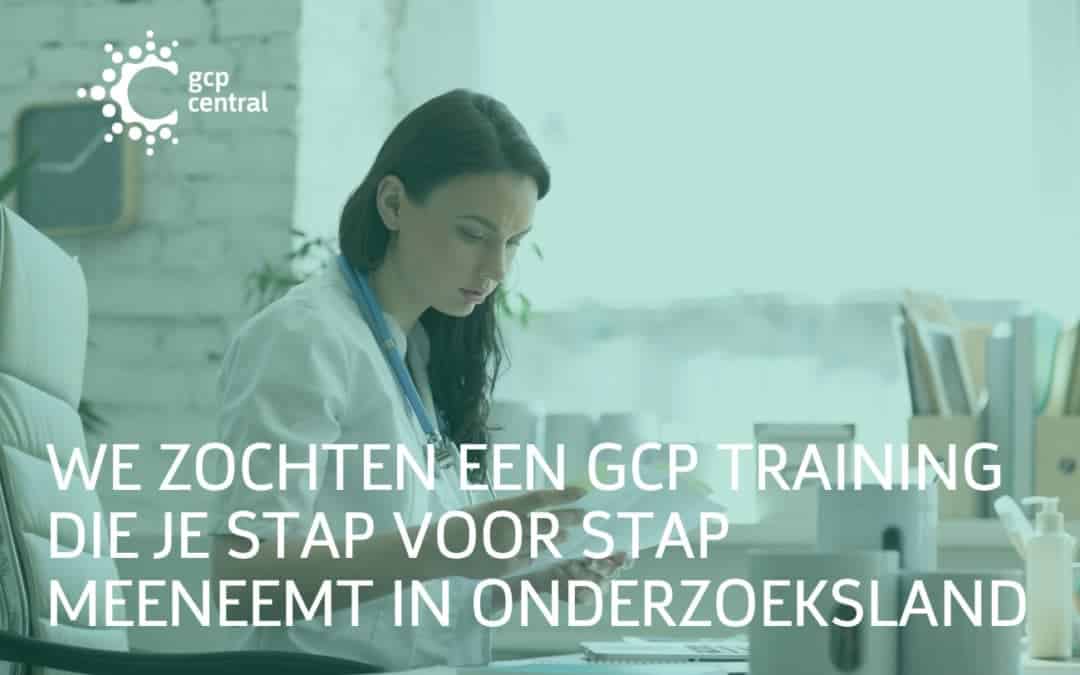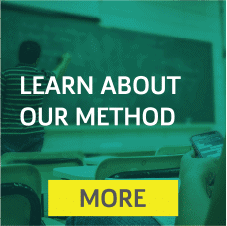Since January 2016 The Tweesteden hospital and the St. Elisabeth hospital merged to form the Elisabeth-Tweesteden Hospital (ETZ). It is one of the 26 cooperating top clinical hospitals (STZ) in Netherlands. That means extra attention to training and research. Marika Talbert Avenue and Marte Hameed of the Science Desk ETZ, tell about the implementation with regard to GCP training.
You now have spent two years with the GCP training by GCP Central. How is going?
Marika: “When we were two hospitals, we both worked with other providers. After the merger, we looked at the pros and cons of each provider. What we were missing, was a good structure in the training where you can take into account step by step research. At GCP Central is that very well set up. In addition, the training offered in the form of e-learning, where participants can follow the training when it suits them. ”
Have you switched immediately?
Marte: “We first did a pilot: a combination of e-learning and classroom additional training. The reactions werepositiveWe have now run three rounds. The first year we had 24 licenses and this year 50. They are already gone. We are now looking with other STZ hospitals whether we can buy together. That way we can get a discount. ” ”
“What we also liked during the pilot was the possibility of own contribution. In addition to e-learning, we always offer as wellclassroom training morningThe first time GCP Central did that, but now we give the training morning ourselves. Marieke was very flexible in that. That training morning is actually very popular, I think about 75% of the researchers participate. The morning offers extra input, there is room for questions about the training, and we prepare participants for the exam. Moreover, we provide extra information about how to set up and carry out research in the ETZ. .
Because how does it work? Is everyone involved in research at the ETZ obliged to do the training?
Marika: “With each WMO-compulsory investigation, the local principal investigator is obliged to be GCP certified and thus successfully completes the EMWO exam. All other stakeholders such as A (N) IOS, interns and research nurses are allowed to do the training and to choose whether they will take the exam. ”
“The enthusiasm for the training is high. That is also because the science office is increasingly known in the home. We have invested in this in recent years. For example, in the beginning we presented ourselves at the departments, we provide target group specific training courses and information meetings, we send out newsletters. The importance of GCP has also become clearer. Our goal is to facilitate researchers. We want researchers to follow GCP to ensure the quality of research. We also help them organize the paper shop and arrange approval for the start of the research. ”
What do you expect for the future?
Marika: “GCP and BROK training are becoming increasingly important. Nationally, more attention is paid to regulation, for example from the Health Care Inspectorate and the STZ office. This is due to a number of cases of fraud, but also by a stronger awareness and a critical look of ‘ Do I do my research in the best way possible? ‘ At the science office we constantly think about how we can organise good research in the best way. Because of the merger there is more manpower, through which we have more time to set up new business through good cooperation.. ”
What would you still like to give GCP Central?
Marte: “What’s great is that something really happens with our input. Intermediate problems with the e-learning approach are given to GCP Central directly and there is always a quick feedback. In addition, we evaluate the entire course orally during the classroom meeting, and in a short survey after the exam. Many participants find the subject matter and / or the exam difficult, but still succeed. Hence those different moments. We will send this feedback through and GCP Central will also work on this.
In addition, GCP Central changes in the regulatory environment direct e-learning. That makes it a nice work with GCP Central. ”
“The only point of criticism is that the training is now structured in such a way that you first receive a test question if you know something, and only then the matter is dealt with. That is a didactic choice according to GCP Central, but we get a lot of comments on it. People become insecure because they then have a lot of error (after all, the substance has yet to come). We get messages: I have every question wrong! The answer only comes after the question! How can I know this? A good introduction to how the lesson will take place will already be a big deal in my opinion. ”
Download the interview and get inspired on how the capabilities of your organization Online and blended WMO/GCP training can use.




